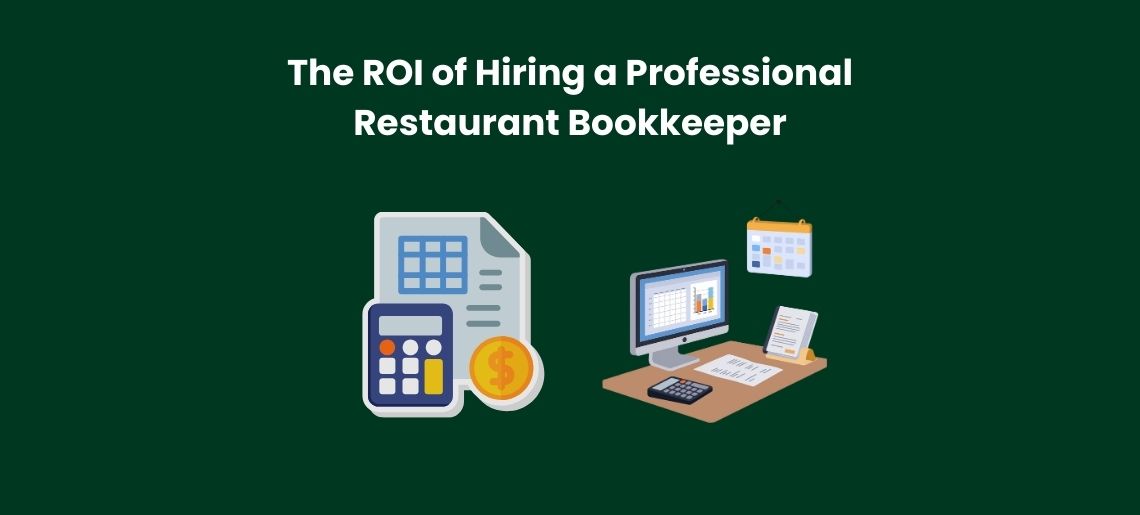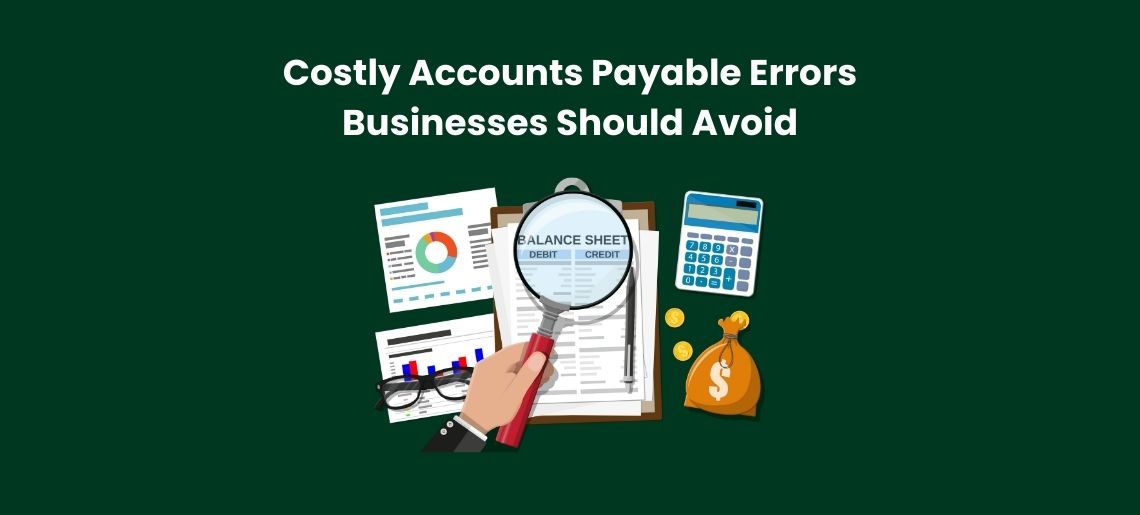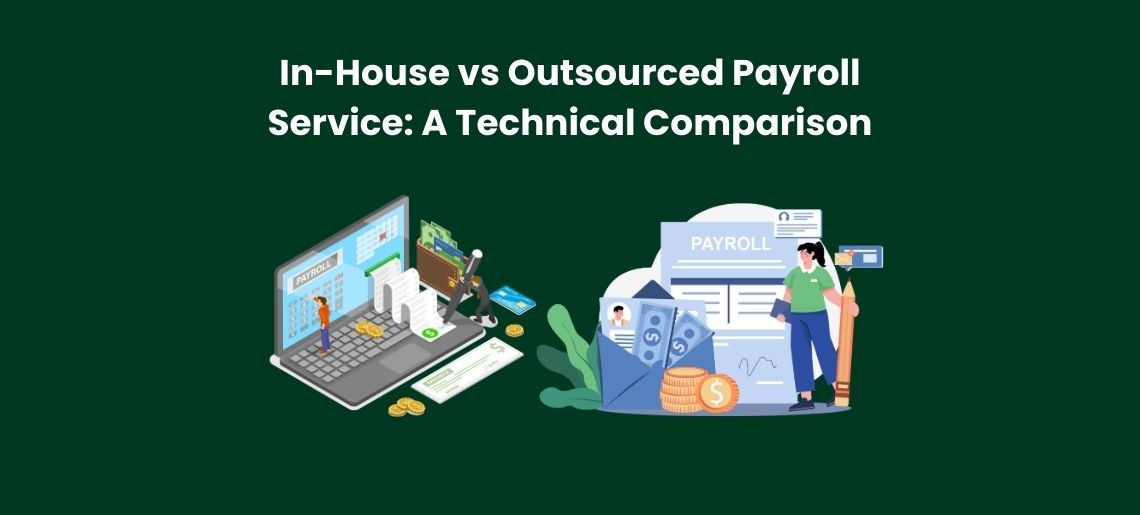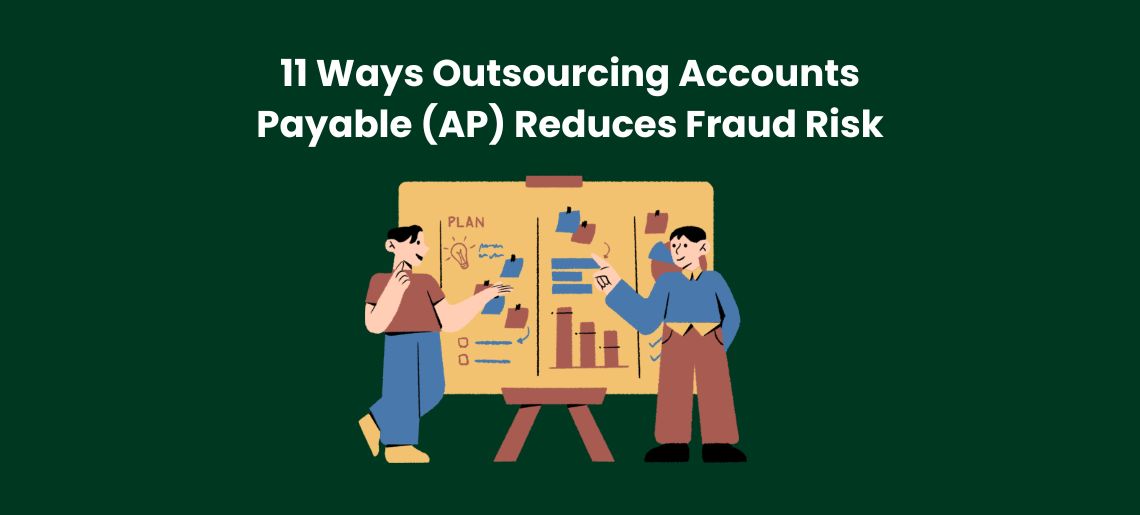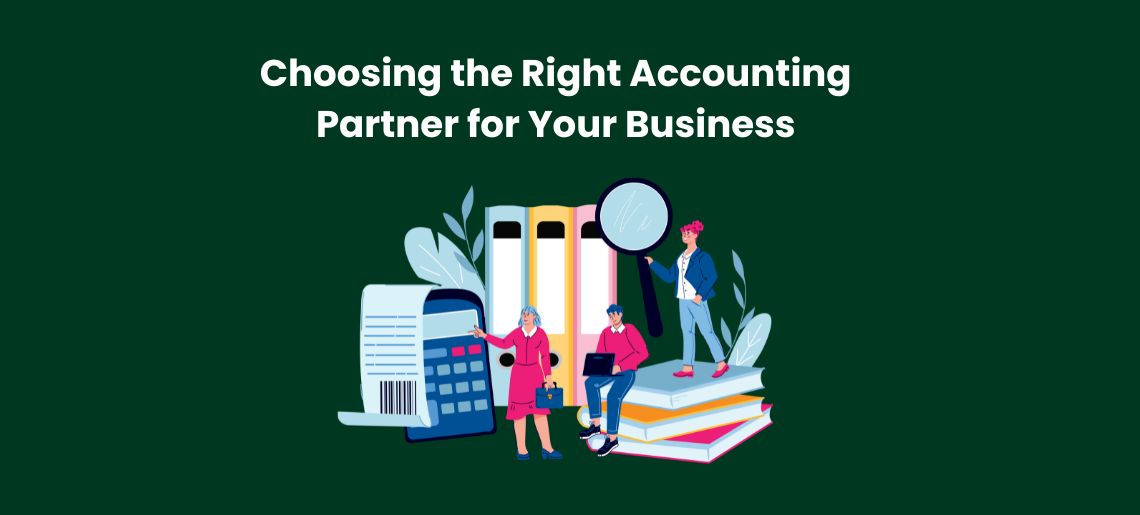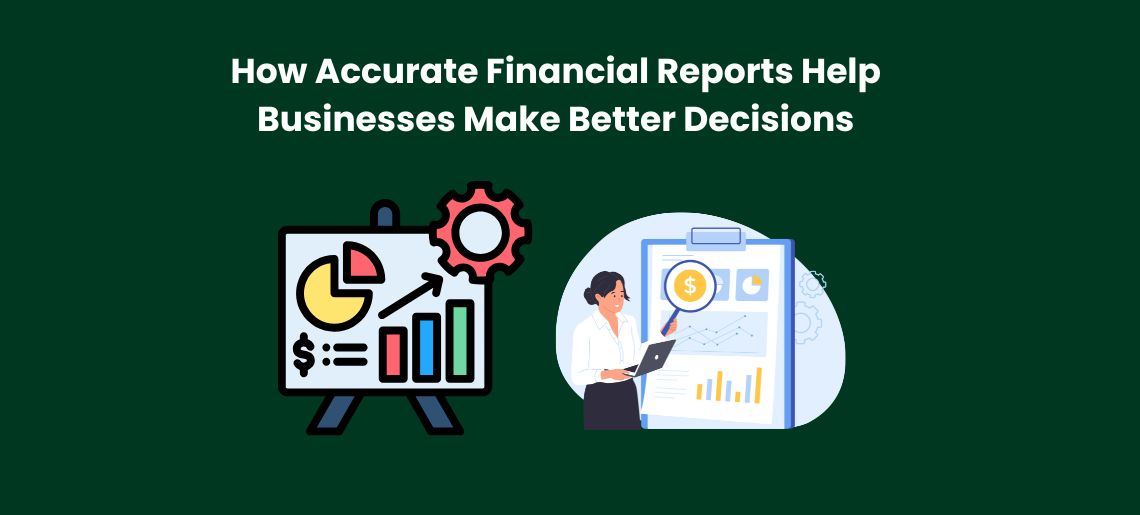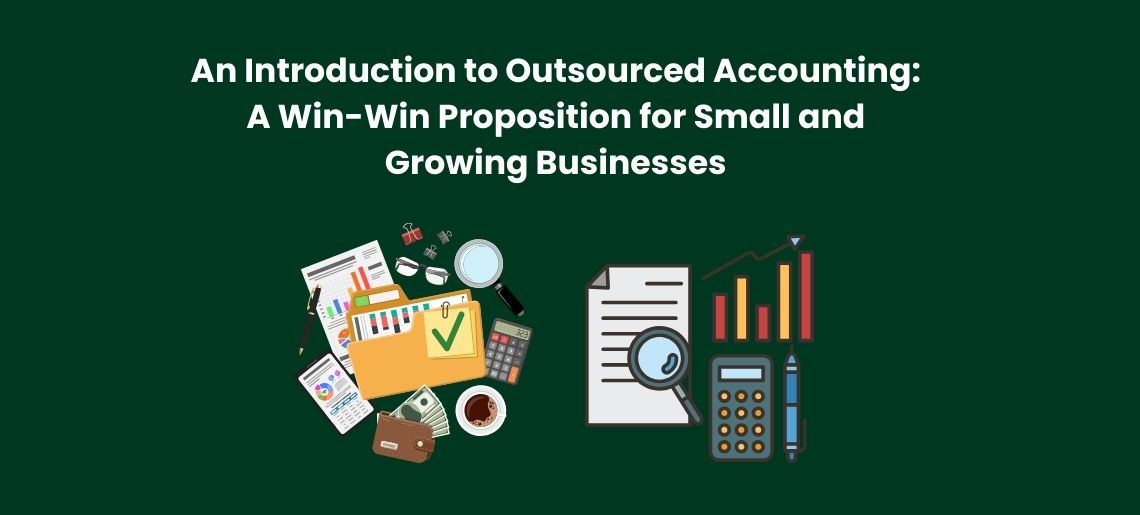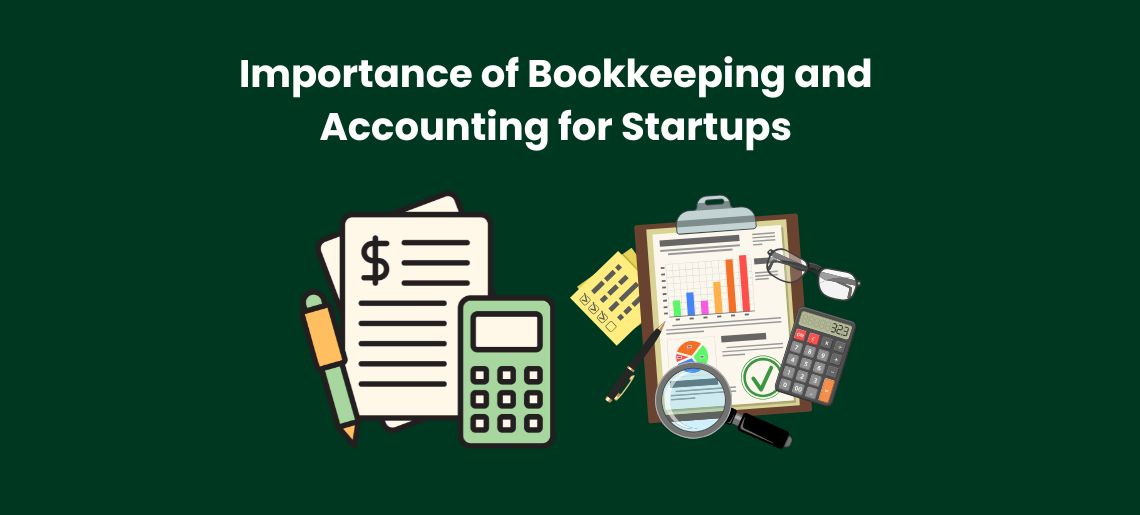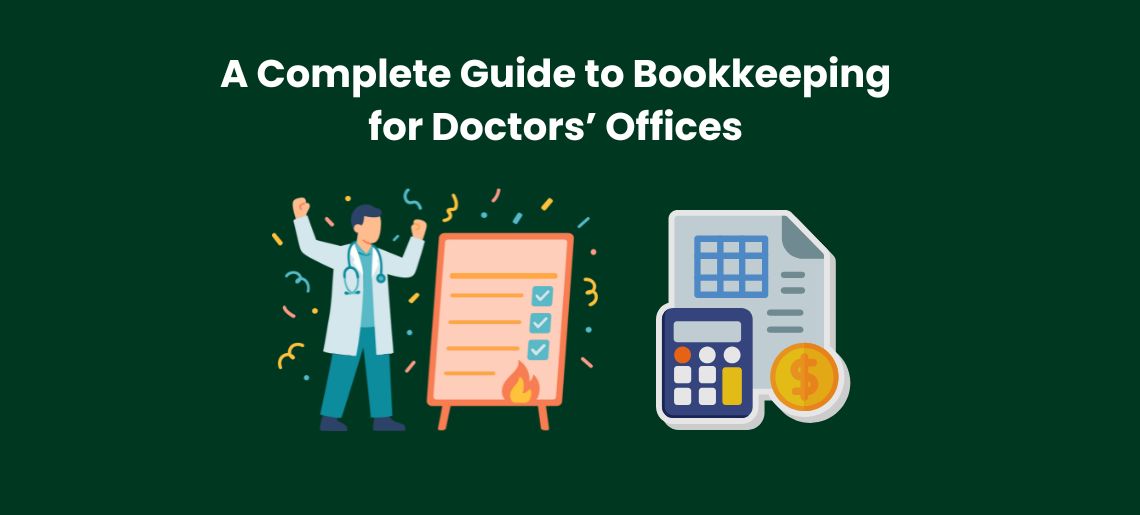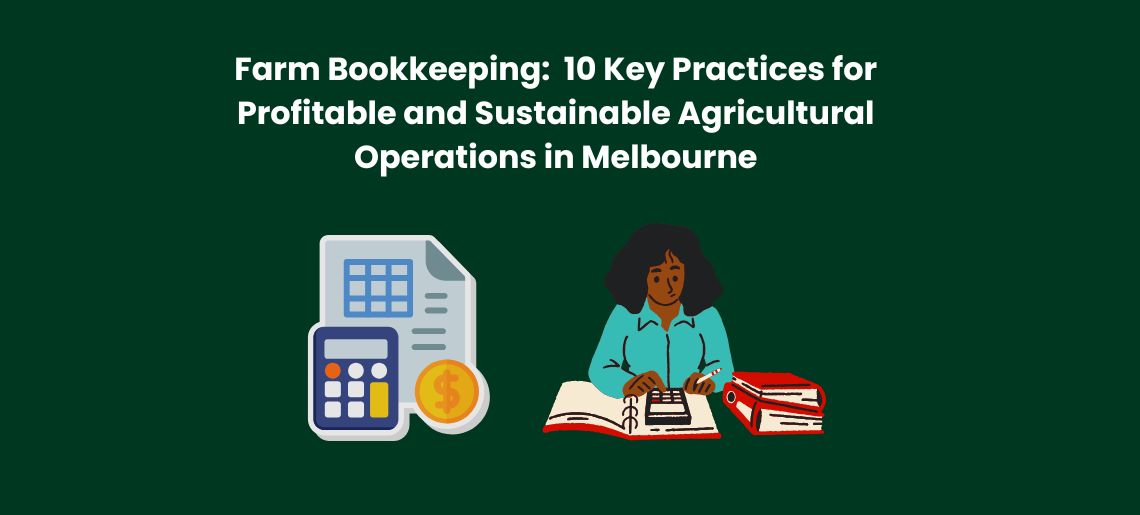The ROI of Hiring a Professional Restaurant Bookkeeper
The reality of owning a restaurant includes much more than just coming up with a good menu and producing delicious food. It also comes with challenges like tight profit margins, constant rise in prices, staffing challenges and the constant movement of cash. This is where a bookkeeper comes in hand, they help simplify these tasks rather than making them a burden.
Many owners see bookkeeping as an added expense and not an investment for their business.
In a restaurant the return on investment (ROI) isn’t just about increasing sales, it is also about enhancing the profit and having financial clarity also improving efficiency.Hiring a professional restaurant bookkeeper transforms bookkeeping from basic data entry into a profit-protecting and growth-enabling function that directly supports better decision-making and long-term success.
Understanding ROI in a Restaurant Environment
Restaurants operate on thin margins, high transaction values and constant change in ingredient and labour costs. Hence their bookkeeping looks different from other industries. Small inefficiencies a few percentage points in food cost or labour overspend can quickly erode profits.
From a restaurant perspective, ROI is measured by:
- Clear visibility into financial performance
- Better control over costs
- Reduced financial stress and surprises
- More time to focus on operations and customers
- Improved ability to scale or stabilise the business
A professional bookkeeper can help achieve all this. When the data is recorded accurately and updated timely the restaurant owner can take decisions with confidence that can help grow their business.
The Financial Challenges Restaurants Face Without Professional Bookkeeping
Many restaurants attempt to manage bookkeeping internally . While this may seem cost-effective at first, it often leads to hidden inefficiencies and long-term losses.
Common challenges include:
- High transaction volumes from POS systems, delivery platforms, and payment gateways
- Inconsistent record-keeping during busy trading periods
- Unclear food and labour cost percentages
- Poor cash-flow visibility
- Time-consuming reconciliations handled by owners or managers
Without professional oversight, financial records can quickly become outdated or inaccurate. This makes it difficult to understand true profitability, identify cost leaks, or plan confidently for the future. Over time, these issues compound, reducing margins and limiting growth potential.
The True Cost of DIY Bookkeeping in Restaurants
Many restaurant owners initially handle bookkeeping themselves in an effort to reduce costs, particularly during the early stages of the business. While this approach may seem practical, it often introduces hidden costs that affect profitability, efficiency, and decision-making over time.
One of the most significant costs of DIY bookkeeping is the time it consumes. Restaurant owners already manage operations, staff, suppliers, and customer experience. Adding bookkeeping to this workload usually means working outside business hours or rushing through financial tasks during busy periods. This increases the likelihood of errors, inconsistencies, or delayed updates.
DIY bookkeeping also limits access to timely and accurate financial information. When records are not maintained consistently, owners may rely on outdated figures to make decisions about pricing, staffing, or purchasing. As a result, rising costs, cash-flow issues, or inefficiencies may go unnoticed until they begin to impact daily operations.
In addition, self-managed bookkeeping often lacks structured reporting. While transactions may be recorded, they do not always translate into meaningful insights. Without clear visibility into margins, costs, and trends, opportunities to improve performance can be missed.
Over time, the true cost of DIY bookkeeping is reflected in reduced margins, increased stress, and slower business growth.
What a Professional Restaurant Bookkeeper Actually Does
A professional bookkeeper not only records numbers and helps in data entry, they also give structure and provide consistency to the restaurant. Some of the tasks they perform are
Day-to-Day Bookkeeping for Restaurants
A professional bookkeeper ensures all financial activity is recorded accurately and consistently, including:
- Daily sales and expense recording
- Bank and payment platform reconciliations
- Supplier invoice tracking
- Clear categorisation of expenses
This creates a reliable financial foundation, allowing restaurant owners to trust their numbers and understand their financial position at any point in time.
Payroll Support for Hospitality Teams
Payroll is one of the most complex areas of restaurant operations. With casual staff, varying rosters, weekend penalties, and fluctuating hours, errors are common when payroll is managed internally.
Professional payroll support ensures:
- Accurate payroll processing aligned with rosters
- Correct recording of wages and labour costs
- Consistent payroll data integrated with bookkeeping records
- Reduced risk of payroll discrepancies that impact staff morale and cash flow
When payroll data is accurate and well-managed, restaurant owners gain a clearer picture of labour costs and staffing efficiency.
Hospitality-Focused Financial Reporting
One of the biggest advantages of professional bookkeeping is access to meaningful financial reports. Instead of raw numbers, restaurant owners receive insights they can actually use, such as:
- Monthly profit and loss statements
- Food cost and labour cost ratios
- Cash-flow tracking
- Trend analysis over time
These reports provide clarity and allow owners to identify issues early, before they become major problems.
Key ROI Drivers of Hiring a Professional Restaurant Bookkeeper
1. Improved Cost Control and Margin Protection
Food and labour costs are the most significant and variable expenses in a restaurant. Without consistent and accurate tracking, small increases in ingredient prices, portion sizes, or staffing hours can gradually reduce margins without being immediately obvious.
A professional restaurant bookkeeper helps by:
- Identifying rising ingredient and supply costs
- Tracking supplier price changes and invoice variations
- Highlighting excessive wastage or inefficient portion control
- Monitoring labour costs in relation to revenue
With accurate and timely financial records, restaurant owners gain better visibility into where money is being spent. This allows for informed adjustments to menus, pricing, purchasing, or staffing before margins are negatively affected.
2. Time Savings That Translate Into Revenue
Time is a critical resource for restaurant owners, yet bookkeeping is often handled outside business hours or during already busy periods. Managing financial records internally can lead to missed details, delays, and unnecessary stress.
Outsourcing bookkeeping allows owners to redirect their time toward higher-value activities, including:
- Improving service quality and customer experience
- Training and managing staff more effectively
- Reviewing menus and pricing strategies
- Focusing on customer retention and reputation
While time savings may not appear directly in financial reports, they contribute to smoother operations and stronger revenue performance over time.
3. Better Decision-Making Through Accurate Financial Data
Making decisions without accurate financial information increases risk and uncertainty. When data is incomplete or outdated, owners are often forced to rely on assumptions rather than facts.
Professional bookkeeping provides:
- Clear insight into which menu items contribute most to profitability
- Visibility into staffing efficiency across different trading periods
- Historical financial data to support operational and pricing decisions
- Confidence to act early rather than responding to issues after they arise
Access to reliable financial data enables restaurant owners to operate with greater consistency and control.
4. Stronger Cash-Flow Management
Cash flow plays a vital role in the day-to-day stability of a restaurant. Even profitable businesses can experience pressure if incoming and outgoing funds are not closely monitored.
Professional bookkeeping supports cash-flow management by:
- Clearly tracking all inflows and outflows
- Supporting better planning for supplier payments and payroll
- Reducing the likelihood of unexpected cash shortages
- Improving financial stability during slower trading periods
With improved cash-flow visibility, restaurant owners can plan ahead with greater confidence and reduce financial uncertainty.
5. Scalability and Business Growth
As a restaurant grows, financial complexity increases. Expanding trading hours, adding staff, or opening additional locations requires systems that can scale without compromising accuracy.
Professional bookkeeping ensures:
- Financial records remain accurate as transaction volumes increase
- Reporting continues to provide clear and consistent insights
- Owners can assess growth opportunities using reliable data
- Expansion decisions are based on financial capacity rather than assumptions
This level of financial clarity supports sustainable growth and helps restaurant owners expand with confidence and control.
Real-World Scenarios: ROI in Action
Consider a café struggling with declining profits despite strong sales. With professional bookkeeping, the owner discovers rising food costs caused by supplier price increases and inconsistent portion control. By adjusting menu pricing and purchasing strategies, margins improve within months.
In another scenario, a restaurant owner gains clarity around labour costs after reviewing detailed payroll and financial reports. By restructuring rosters and aligning staffing levels with peak trading hours, the business reduces unnecessary labour spend without affecting service quality.
For a hospitality group managing multiple venues, consolidated financial reporting provides a clear comparison of performance across locations. This allows management to replicate successful strategies and address underperforming areas more effectively.
In each case, professional bookkeeping delivers measurable ROI through improved clarity, control, and confidence.
Common Misconceptions About Hiring a Restaurant Bookkeeper
There are often some misconceptions around hiring a restaurant bookkeeper. Lets clear the air around these misconceptions and see how beneficial it is to have a professional restaurant bookkeeper.
“It’s too expensive.”
When compared to ongoing cost leaks, wasted time, and reduced visibility, professional bookkeeping often delivers significantly more value than its cost.
“I can manage it myself.”
Owner-managed bookkeeping frequently comes at the expense of accuracy, consistency, and time that could be better spent running the restaurant.
“My restaurant is too small.”
Smaller restaurants often feel the impact of inefficiencies more quickly, making accurate bookkeeping even more critical to protecting margins.
“Bookkeeping is just data entry.”
Professional bookkeeping provides structured reporting and financial insight, supporting better decision-making rather than simply recording numbers.
“I only need bookkeeping occasionally.”
Infrequent bookkeeping limits visibility and delays problem detection, while ongoing support provides timely clarity and control.
Bookkeeping as a Strategic Investment
Hiring a professional restaurant bookkeeper goes beyond keeping financial records organised. It creates financial clarity in an industry with tight margins and fast-moving decisions. Accurate, timely bookkeeping helps owners understand costs, cash flow, and overall performance, allowing them to protect margins and make informed decisions with confidence rather than reacting to issues after they arise.
The true return on investment lies in stronger financial control, reduced stress, and sustainable growth. By freeing up time and improving visibility, professional bookkeeping becomes a strategic support function that helps restaurant owners build a more stable and resilient business. For those looking to gain clearer insight into their numbers and improve financial control, exploring professional hospitality bookkeeping support can be a valuable next step.
Frequently Asked Questions
What is hospitality accounting?
Hospitality accounting is the financial management of restaurants and food businesses, focused on tracking sales, food and labour costs, and cash flow. It is designed for high transaction volumes and tight margins, providing clear and timely financial insights.
Do small restaurants need bookkeepers too?
Yes. Small restaurants often have less room for error, making accurate bookkeeping essential. Professional support helps manage costs, maintain cash flow, and make informed decisions from an early stage.
Will a restaurant bookkeeper handle payroll too?
In many cases, yes. A restaurant bookkeeper can manage payroll processes, ensure accurate recording of wages and hours, and reflect labour costs correctly in financial reports.
What’s the average ROI of hiring a restaurant bookkeeper?
ROI varies by business but is typically seen through better cost control, time savings, improved cash-flow visibility, and clearer decision-making. The value often comes from stronger margins and reduced financial stress rather than a single numerical figure.
Is a restaurant bookkeeper different from a general bookkeeper?
Yes. A restaurant bookkeeper understands hospitality-specific challenges such as food and labour cost tracking, POS reconciliation, and variable staffing. This industry knowledge leads to more relevant insights and better financial control.

